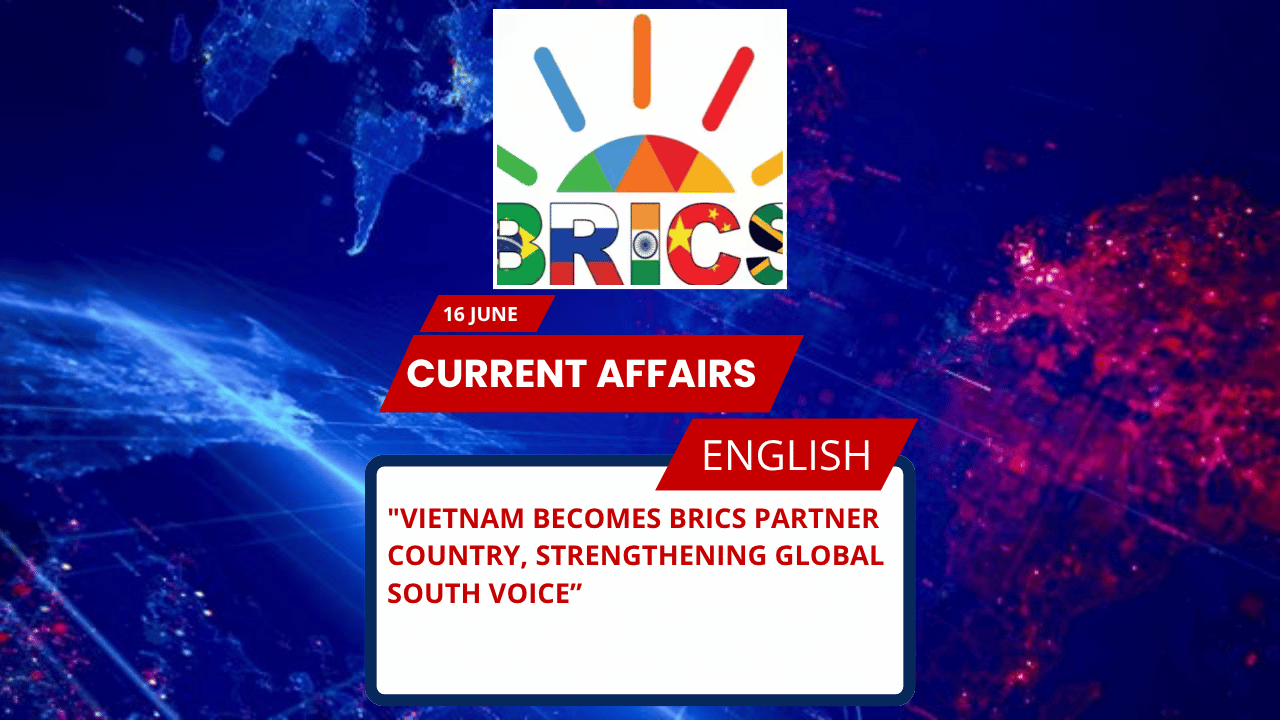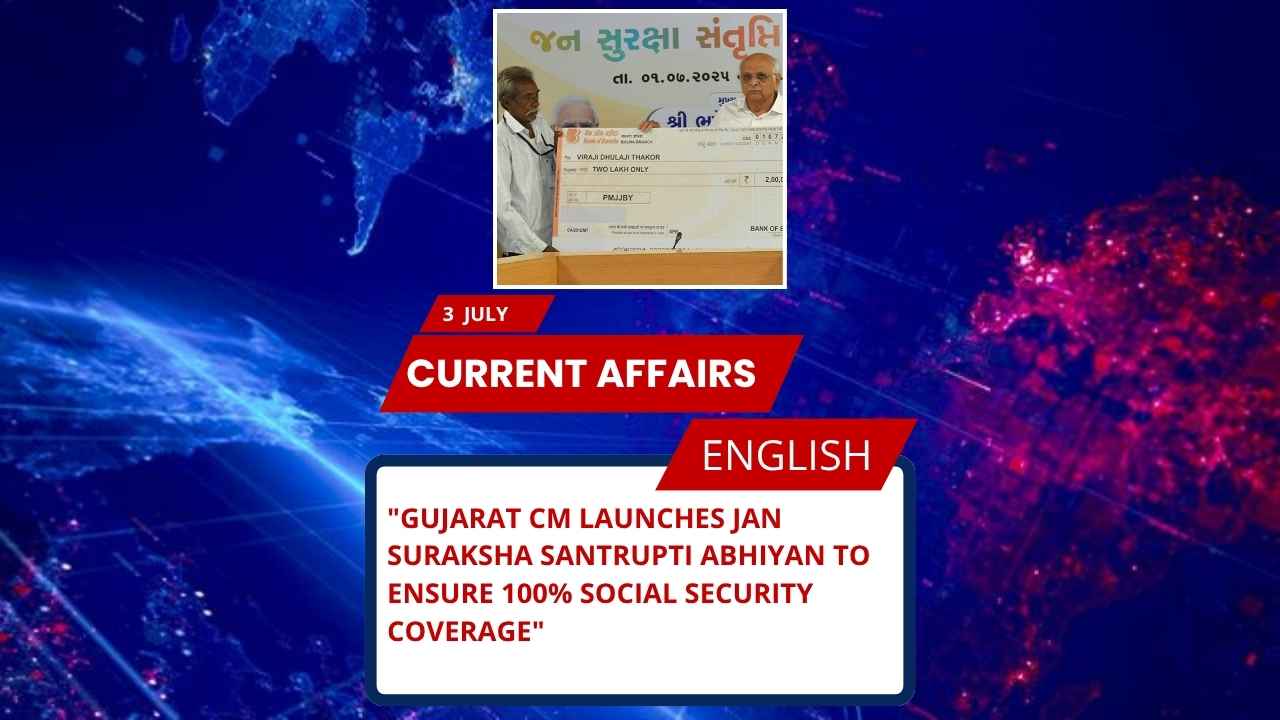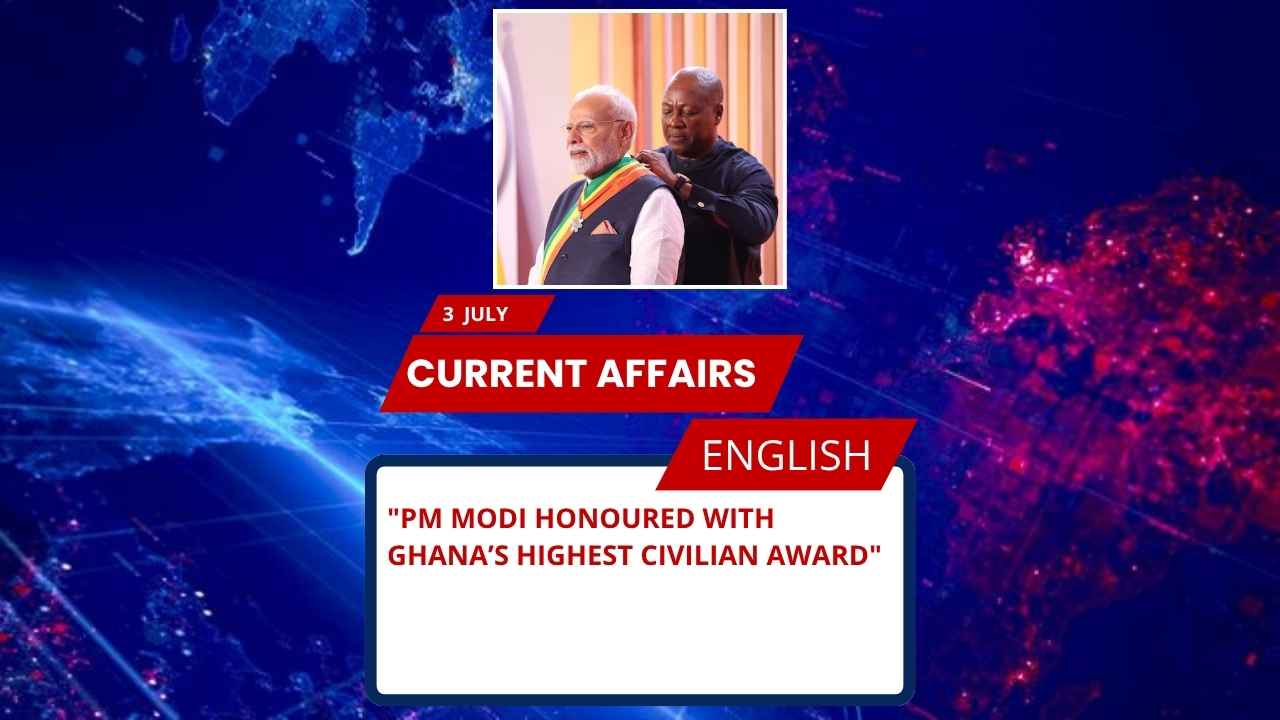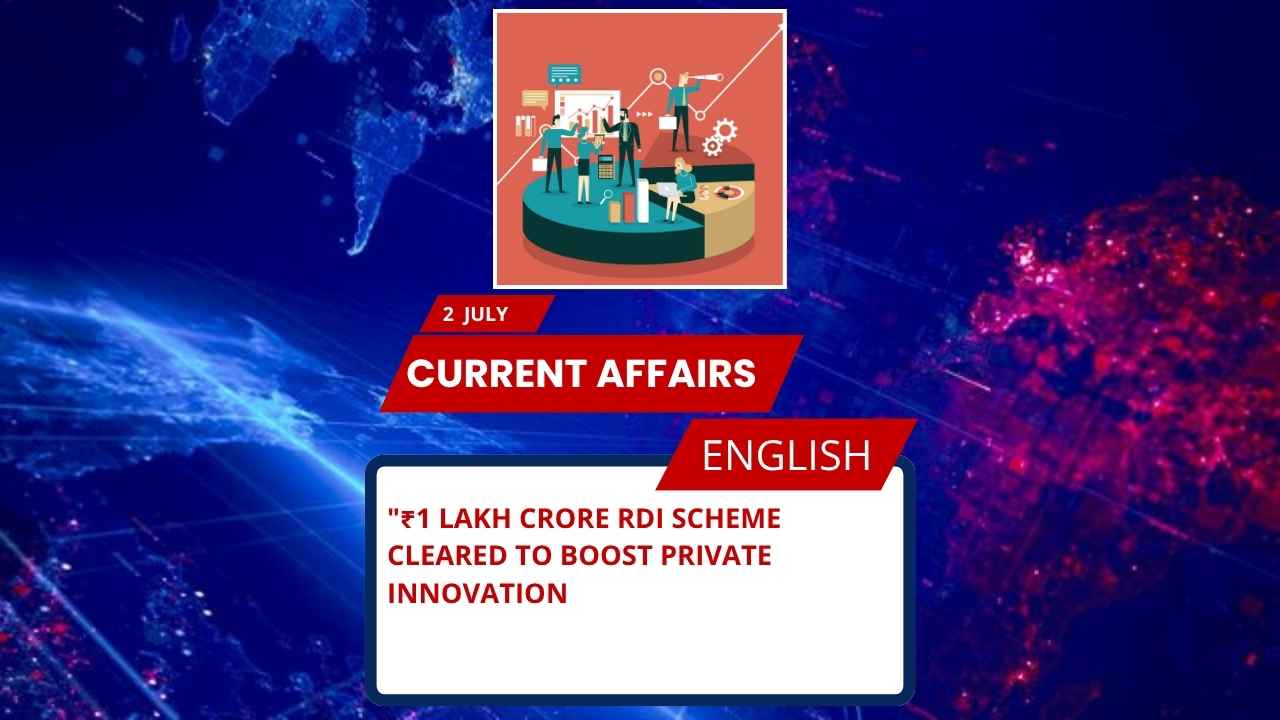
Key Points for SSC, UPSC, and Other Government Exams
- Vietnam officially joined BRICS as a Partner Country in 2025.
- The announcement was made by Brazil, the current BRICS Chair (2025).
- Vietnam is the 10th Partner Country of BRICS after Belarus, Bolivia, Kazakhstan, Cuba, Malaysia, Nigeria, Thailand, Uganda, and Uzbekistan.
- The Partner Country category was introduced at the 16th BRICS Summit, Kazan, Russia (October 2024).
- Vietnam’s foreign policy: independence, self-reliance, multilateralisation, diversification.
- BRICS founding members: Brazil, Russia, India, China, South Africa.
- Recent BRICS full members: Egypt, Ethiopia, Iran, Indonesia, Saudi Arabia, UAE.
About BRICS (For Exam Facts)
- Full Form: Brazil, Russia, India, China, South Africa
- Founded: 2009 (originally BRIC; South Africa joined in 2010)
- Current Chair (2025): Brazil
- 16th BRICS Summit: Kazan, Russia (October 2024)
- Full Members: Brazil, Russia, India, China, South Africa, Egypt, Ethiopia, Iran, Indonesia, Saudi Arabia, UAE
- Partner Countries: Belarus, Bolivia, Kazakhstan, Cuba, Malaysia, Nigeria, Thailand, Uganda, Uzbekistan, Vietnam
Complete Details on Vietnam Joining BRICS
Vietnam Joins BRICS as Partner Country: A Major Diplomatic Step
In a landmark development, Vietnam has officially joined BRICS as a Partner Country. The announcement came from Brazil, holding the 2025 rotating BRICS presidency. This move signifies BRICS’s expanding global outreach, now including a dynamic Southeast Asian economy.
Background of Vietnam’s Inclusion
Vietnam’s inclusion followed sustained engagement with BRICS. Pham Thu Hang, spokesperson for Vietnam’s Ministry of Foreign Affairs, reaffirmed Vietnam’s dedication to strengthening the voice of developing nations and promoting a balanced international order. Vietnam’s foreign policy focuses on:
- Independence and self-reliance
- Multilateralisation
- Diversification of international relations
Vietnam’s active participation in UN, ASEAN, APEC, G7, G20, OECD already demonstrates its global stature.
About the BRICS Partner Country Status
The Partner Country category was created during the 16th BRICS Summit in Kazan, Russia (October 2024). This framework allows nations to:
- Engage without full membership
- Collaborate on development, trade, and multilateral issues
Vietnam joins nine other nations as a Partner Country:
Belarus, Bolivia, Kazakhstan, Cuba, Malaysia, Nigeria, Thailand, Uganda, Uzbekistan.
Strategic Significance for Vietnam and BRICS
Vietnam’s entry:
- Enhances BRICS’s outreach in Southeast Asia
- Strengthens South-South cooperation
- Supports inclusive and representative international systems
- Aligns with BRICS’s agenda of sustainable development
With nearly 100 million population and strong integration into global value chains, Vietnam is a valuable partner in regional and global frameworks.
Possible MCQs Based on This Topic
Important Organization/State Facts for Exams
Vietnam
- Capital: Hanoi
- Currency: Vietnamese Dong (VND)
- President: To Lam (as of 2025)
- Prime Minister: Pham Minh Chinh
- Major Rivers: Mekong, Red River
- Famous National Parks: Cat Tien, Phong Nha-Ke Bang
Brazil (BRICS Chair 2025)
- Capital: Brasília
- President: Luiz Inácio Lula da Silva
- Currency: Brazilian Real (BRL)
Kazan (Host of 16th BRICS Summit)
- Country: Russia
- Known For: Major cultural, economic hub
MCQ 1
When did Vietnam officially become a BRICS Partner Country?
A) 2023
B) 2024
C) 2025
D) 2022
Answer: C) 2025
MCQ 2
Where was the BRICS Partner Country category established?
A) New Delhi
B) Kazan
C) Beijing
D) Johannesburg
Answer: B) Kazan
MCQ 3
Which country holds the BRICS Chair in 2025?
A) Russia
B) India
C) Brazil
D) China
Answer: C) Brazil
MCQ 4
Which of the following is NOT a BRICS Partner Country?
A) Vietnam
B) Egypt
C) Nigeria
D) Cuba
Answer: B) Egypt
MCQ 5
Which statement is TRUE about Vietnam’s foreign policy?
A) It focuses only on bilateral ties with China
B) It follows isolationism
C) It promotes multilateralisation and diversification
D) It avoids cooperation with international forums
Answer: C) It promotes multilateralisation and diversification
UPSC Style FAQs with Model Answers (Answer Writing Format)
Q1: What is the significance of Vietnam joining BRICS as a Partner Country? Discuss in 150 words.
Answer:
Vietnam’s inclusion as a BRICS Partner Country in 2025 marks a strategic development in global geopolitics. It reflects BRICS’s expanding role in fostering South-South cooperation and promoting a multipolar world order. Vietnam, with its dynamic economy and population nearing 100 million, adds substantial weight to the BRICS dialogue, especially in Southeast Asia. The Partner Country status, introduced at the 16th BRICS Summit in Kazan (2024), allows enhanced collaboration without full membership, thereby enabling flexible engagement. For Vietnam, this move aligns with its policy of multilateralisation, diversification, and proactive global integration. It provides an opportunity to strengthen its voice on key issues such as inclusive development, sustainable growth, and reform of global governance institutions. This partnership is also significant for BRICS, as it brings in a trusted regional player that can bridge the gap between ASEAN and BRICS economies, contributing to collective resilience and shared prosperity.
Q2: Explain the concept of BRICS Partner Country. How does it differ from full membership?
Answer:
The BRICS Partner Country concept was formalised at the 16th BRICS Summit held in Kazan, Russia, in 2024. It aims to broaden the bloc’s engagement with emerging economies that share BRICS’s objectives but are not ready or eligible for full membership. Unlike full members who participate in decision-making and have voting rights, partner countries engage in consultative dialogues, participate in BRICS+ Summits, and collaborate on common agendas such as sustainable development, trade, and technology sharing. This flexible mechanism allows BRICS to build wider coalitions while maintaining its core decision-making structure. It helps in expanding the bloc’s influence without diluting its operational cohesion. For countries like Vietnam, this provides a platform to engage with major economies and contribute to a more representative international order, without the obligations of full membership.







